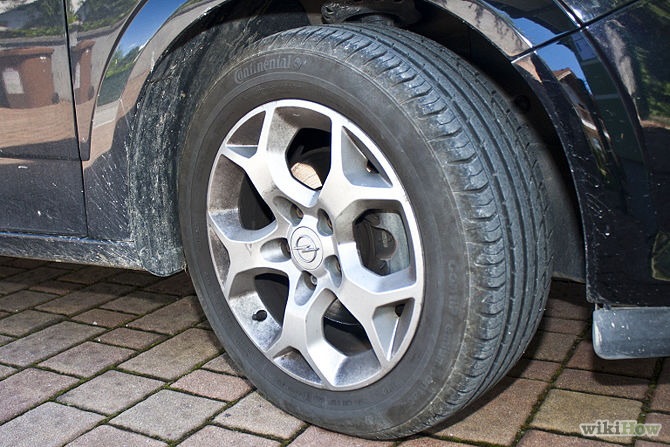One of the most effective ways to ensure the car’s good running condition is regular maintenance. You can actually do much of this yourself, even if you are not a good mechanic or only have limited knowledge on the technical aspect of an automobile. However, with a little extra reading on basic inspection and maintenance, you can learn enough to perform some basic care maintenance tasks and save a lot money in the process.
Once you have a general understanding of how to maintain and inspect your car, you won’t need to take the vehicle to a professional mechanic in case of minor problems. Conducting inspection maintenance for your car is not that difficult at all. It only involves the following steps.
Steps
1. Conduct a regular tire inspection. This is the easiest component of maintenance inspection, yet the most neglected one. Try to do this before or after driving a car. When you inspect the tire see to it that all of them are not flat or under pressure. The tire inspection would also allow you to determine if one of these have damages or in great need for replacement.
2. Inspect the tire regularly to determine if there are possible damages on the car’s suspension. A good indicator of a damaged suspension is the position of the tires. In case each tire tilts towards or out of the vehicle, this could mean that the suspensions are not in good shape. The best that you could do is to take the vehicle to a professional mechanic and have it repaired.
3. Check the tire pressure. This will help you determine if a tire needs to be inflated. In this particular task, you will need a tire pressure gauge and a piece of coin. Use the tire pressure gauge to check if each of the tires is not over or under-inflated. This could ensure that your car would be running smoothly on the road. The coin on the other hand is used to measure the depth of the tire’s tread. When you are using a penny with Lincoln’s head engraved in it, try to insert the coin into the tread’s center in a manner that the head points down. In case you can see the entire head from the side, this could mean that you need to replace tires as soon as possible. Try to do this at least once a week.
4. Check the oil level of the car’s engine. This is necessary since oil deficiency inside the engine might damage the car’s drive train. To prevent this from happening, inspect the oil level every week. Just open the hood of the car, search the location of the dipstick and check the oil volume inside the engine. You can easily spot this area since it is usually labeled as “OIL” or “ENGINE OIL”. Try to use the dipstick to check the oil level. Once it is below the recommended level, try to add some oil. However, if it is still on the recommended range, just check on it regularly for the level would eventually decrease as the days go by.

How to Do a Maintenance Inspection for Your Car
by
Tags:

Leave a Reply